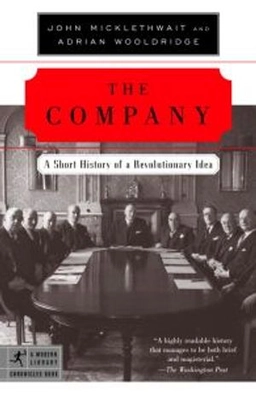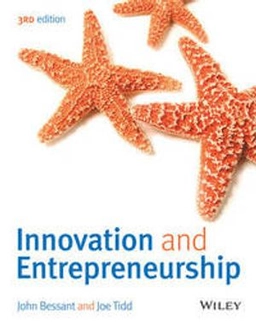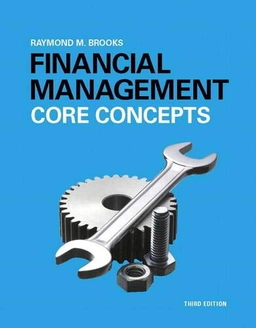![Company-state: Corporate Sovereignty and the Early Modern Foundation of the British Empire in India [Elektronisk resurs]; Philip J Stern; 2012](/images/format:webp/size:384:0/quality:100/asset/book-cover/company-state-corporate-sovereignty-and-the-early-modern-foundation-of-the-british-empire-in-india-elektronisk-resurs-9780199930364)
![Company-state: Corporate Sovereignty and the Early Modern Foundation of the British Empire in India [Elektronisk resurs]; Philip J Stern; 2012](/images/format:webp/size:384:0/quality:100/asset/book-cover/company-state-corporate-sovereignty-and-the-early-modern-foundation-of-the-british-empire-in-india-elektronisk-resurs-9780199930364)
Company-state: Corporate Sovereignty and the Early Modern Foundation of the British Empire in India [Elektronisk resurs]Upplaga 1
- Upplaga: 1a upplagan
- Utgiven: 2012
- ISBN: 9780199930364
- Sidor: 316 st
- Förlag: Oxford University Press Inc
- Format: Häftad
- Språk: Engelska
Om boken
Åtkomstkoder och digitalt tilläggsmaterial garanteras inte med begagnade böcker
Mer om Company-state: Corporate Sovereignty and the Early Modern Foundation of the British Empire in India [Elektronisk resurs] (2012)
I november 2012 släpptes boken Company-state: Corporate Sovereignty and the Early Modern Foundation of the British Empire in India [Elektronisk resurs] skriven av Philip J Stern. Det är den 1a upplagan av kursboken. Den är skriven på engelska och består av 316 sidor. Förlaget bakom boken är Oxford University Press Inc.
Köp boken Company-state: Corporate Sovereignty and the Early Modern Foundation of the British Empire in India [Elektronisk resurs] på Studentapan och spara uppåt 40% jämfört med lägsta nypris hos bokhandeln.
Referera till Company-state: Corporate Sovereignty and the Early Modern Foundation of the British Empire in India [Elektronisk resurs] (Upplaga 1)
Harvard
Oxford
APA
Vancouver



















